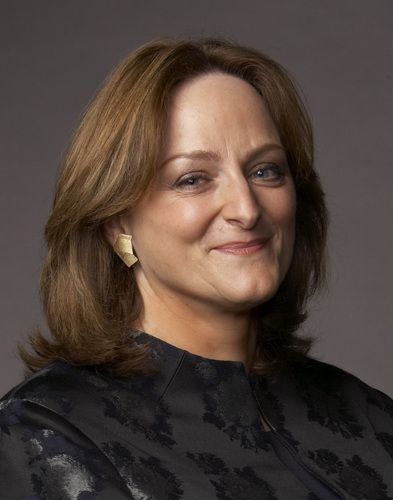When I was little, I changed my mind a lot when people asked me what I wanted to be. For a while, it was a professional violinist, then a famous author (halfway there), then a bookstore owner, and then, finally, a scientist. In middle school, I read a book by Neil DeGrasse Tyson called “Death by Black Hole and Other Cosmic Quandaries.” After reading his collection of essays about the cosmos, I knew that I didn’t just want to be a scientist, I wanted to be an astrophysicist. I loved space. I loved everything about it, and mostly I loved (and still love) how much we still don’t know. I walked away from reading that book knowing that I wanted to figure out some of the stuff we still didn’t know yet.
This interest never diminished, so in my junior year of high school, when a class project centered around what we wanted to do with our lives, I knew exactly what to talk about. We had to pick two careers we were interested in, look into what college majors might help us land those jobs, and write a mock resumé for each one. I picked astrophysicist and bookstore owner, one job I had wanted as a child, and one I knew I wanted now. On the first day, near the end of the class period, my teacher, a mid-fifties gym teacher who got roped into teaching our “current life” class, asked what I had chosen. I said “I want to study astrophysics. I want to be an astrophysicist.” I was expecting a raised eyebrow, maybe some widening eyes. After all, astrophysics isn’t the most common choice for anyone. What I was not expecting was what he said. His immediate reply was: “Really? Its just that astrophysics is such an antisocial profession. You just seem much more social to me. You should be a tour guide, you know, of a facility that does astrophysics.” I bit my tongue, fighting back the urge to share a few four-letter words with him. Not only had he dismissed my career goals, he had even insinuated that I would only get into an astrophysics facility as a tour guide, never one of the scientists. Instead, I smiled, and said something about being really interested in space, and not at all interested in being a tour guide. I wish I had said something else.
I wish I had told him that the sciences and maths have always been male-dominated fields, and that this starts at a young, young age. I wish I had told him that he was part of the problem. In a recent study, elementary school teachers were presented with math tests done by girls and boys. When they did not know the names of the students, girls tended to preform better on the tests than boys did. However, when the names were revealed, the boys outperformed the girls. The teachers, wether they knew it or not, were biased towards thinking that boys were just better at math. Feeling as though they do badly on math and science tests, as well as reactions like that of my high school teacher, discourage girls from math and science fields before they even get to college. When a boy gets a math problem wrong, people say “wow, you suck at math,” but when a girl makes the same mistake, it’s often met with “wow, girls suck at math” instead.
Outside of my very liberally-minded college, people still raise eyebrows and make comments about my choice of major, despite the fact that I’m older now. Earlier this year, I was waiting at the San Francisco Airport for a flight to the East Coast for a summer science and math program, where temperatures were going to be in the nineties. Prepared for the temperatures my Bay-Area, CA self regards as hellish, I was dressed in a tank top and shorts, with flip flops on my feet and sunglasses balanced on my head. A guy waiting next to me started a conversation, and asked why I was heading east. When I told him it was for a science and math program, he eyed my outfit and said, “I’m guessing you don’t like math.” This time, I didn’t bit my tongue, and cooly let him know that I was planning to major in astrophysics, and turned away. Thankfully, this shut him up. It is this sort of bias against women in science that keeps it a male-dominated field. Truly, I’m not sure most people realize what they’re doing. There is a cultural bias that says that girls just don’t do science, and if they do, they have to look, act, and dress stereotypically frumpy. For girls who aren’t as certain of what they want to do as I am, comments and stereotypes like this can keep them from ever even trying out the sciences. So, if you’re a girl reading this, feeling unsure if what you want to do, don’t let people decide for you. Try things out. Explore. Go be a programmer, a scientist, an engineer, a singer, a dancer, a writer, a historian. I’d say be a mom, but I don’t think that’s something you should just try out. Please, really be sure about that one. But otherwise, get out there and do things! And if you’re anyone else, try not to get in that girl’s way. It’s her turn to try things.



